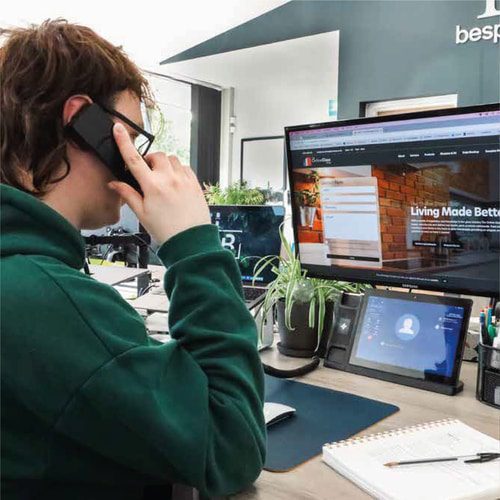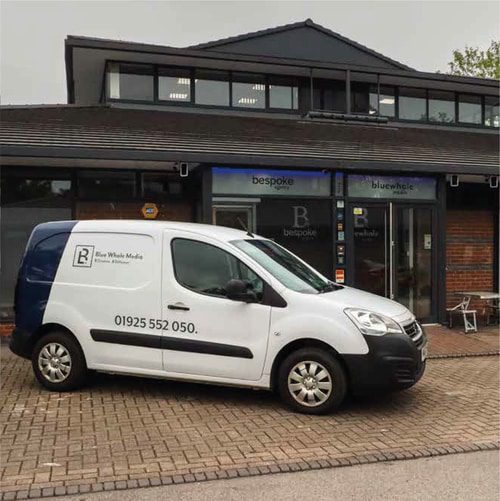
How to combat keyword cannibalisation
Keyword cannibalisation is when a website has multiple pages that can be ranked for the same word. For instance, a blog about the best iPhones and another blog about the worst iPhones can end up ranking for the same keywords – potentially ranking the wrong post for a search term that should show your other post. In this blog, I will discuss some of the simple ways you can combat against keyword cannibalisation to ensure search engines will show the correct pages and posts for your keywords.
Merge Content
A simple solution for two posts that cover the same topic is to merge the posts. In our example above, the two separate posts can be merged to a single post covering the best and worst iPhones. This will stop your posts from conflicting with each other as it is now just a single post, and it can help your SEO by increasing the length of your quality content.
Delete Content
A different approach can be to delete one of your conflicting posts. This is only recommended in more extreme cases. For example, a post that is no longer relevant to your business, or an old blog that doesn’t live up to your company’s new brand voice and isn’t very high quality compared to your newer blog, you can simply delete the old post.
When deleting any page or post on your website you should always redirect the URL so search engines as well as users can easily find your new content, or at the very least are not presented with a 404 error page.
Canonical
A canonical tag is a useful HTML tag that tells search engines that the current page is a ‘copy’ of another page, so all the signals on the ‘copy’ page should be counted towards the canonical page. This is mainly a way to ensure your website does not face duplicate content issues, but can also be used for keyword cannibalisation in cases where the content is very similar, if not exact duplicates – such as various contact pages.
A canonical tag tells search engines which URL should be ranked – so only use canonical tags on pages that you do not want to be shown in search results, search engines will instead prefer to show the canonical URL.
Linking
Another method against keyword cannibalisation is internal linking. Internal linking helps Google to understand which pages on your website are important. If a post is receiving a lot of internal links from your other posts and pages, Google and other search engines will take that as a signal that the linked page is important and should be shown over other posts or pages that may also match the search term. Some websites, by mis-using features such as sticky posts or just not understanding the importance of internal linking, may be creating their own cannibalisation issues due to incorrect internal links.





